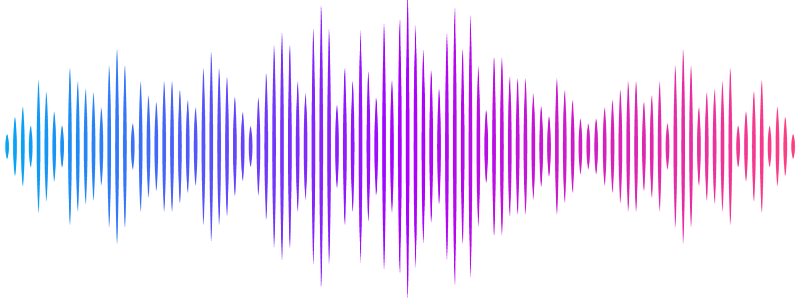Human CD127 negative ILC2s show immunological memory

Human CD127 negative ILC2s show immunological memory
Matha, L.; Krabbendam, L.; Martinez-Hoyer, S.; Heesters, B.; Golebski, K.; Kradolfer, C. M. A.; Ghaedi, M.; Ma, J.; Stadhouders, R.; Bachert, C.; Cardell, L. O.; Nan, Z.; Holtappels, G.; Helgers, L. C.; Geijtenbeek, T. B. H.; Coquet, J. M.; Takei, F.; Spits, H.; Martinez-Gonzalez, I.
AbstractGroup 2 Innate Lymphoid Cells (ILC2s) serve as key players in type 2 immunity and contribute significantly to maintaining homeostasis and responding to inflammation. Notably, ILC2s are closely implicated in the development of allergic disorders like asthma. While previous research has demonstrated immunological memory in mouse ILC2s, it has remained unclear whether human ILC2s can acquire this form of memory. In this study, we demonstrate the persistence of CD45RO, a marker previously linked to inflammatory ILC2s, in resting ILC2s that have undergone prior activation. These cells concurrently reduce the expression of the canonical ILC marker CD127. Through in vitro experiments involving the isolation and stimulation of CD127- CD45RO+ ILC2s, we observed an augmented ability to produce cytokines and undergo proliferation. CD127- CD45RO+ ILC2s are found in both healthy and inflamed tissues and display a gene signature of cell activation. Memory ILC2s may play a significant role in chronic type 2 diseases, such as allergic asthma and atopic dermatitis.